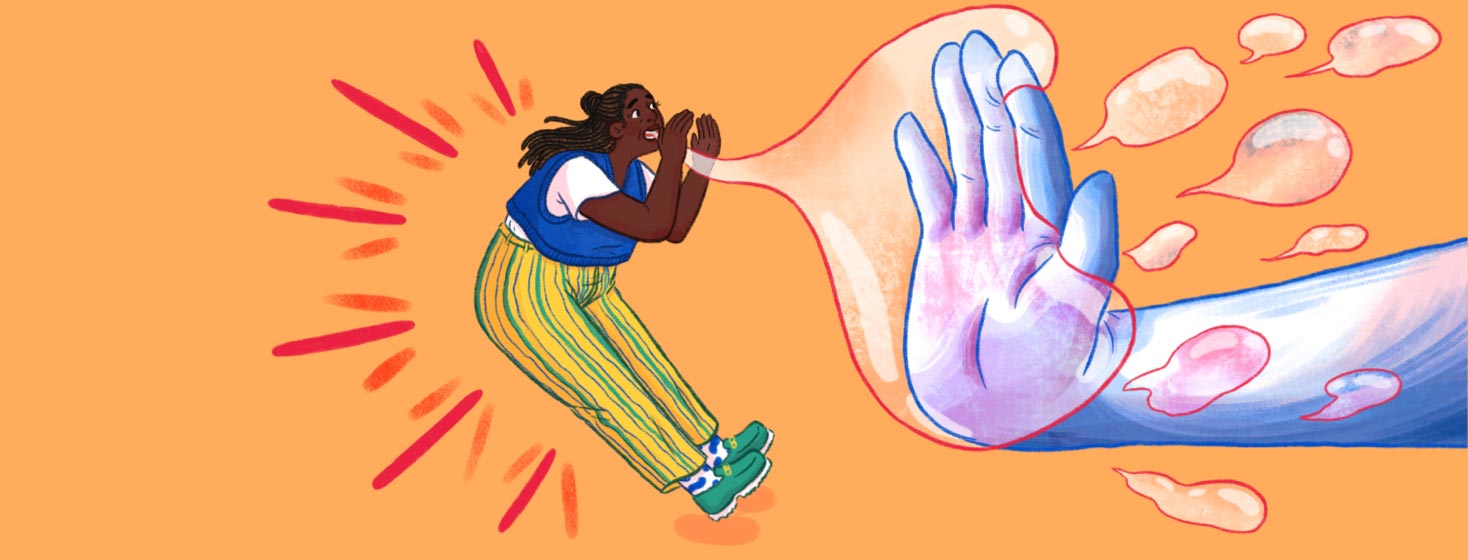Should You Be Open About Living With Bipolar Disorder?
About 12 years ago I decided to live openly with my mental disorders – high-functioning autism (HFA) and bipolar disorder. It was the right choice for me despite the difficulties that came with it. However, there's more to it than what you typically hear about it. Y'know, things like, "Live your truth!" and "Combat stigma!"
I want to take a little of your time to share with you some potential consequences of living openly with your mental illness that, in my experience, don't get mentioned often. Let's get into it.
Potential impact of disclosing a mental illness
You may lose family and friends
There are plenty of people who don't understand, sympathize, and don't want to. There are others who may have been traumatized by someone with mental illness who don't want to be near it again.
"Well, that's not fair!" No, it's not. But neither is discovering a completed suicide. Or losing your home because your partner swung manic, spent the savings, and lost their job. Or living in terror of an unstable parent as a child. Or any other number of terrible things that happen with the worst of mental illness.
None of it's fair, and you may end up running into people that are traumatized, angry, and scream they hate you because of it. It doesn't help that their pain is often minimized by others telling them to "be more sympathetic," which is definitely making it worse.
You may lose opportunities
Here's a fun fact that's not so fun – did you know that sexists will straight up not hire or promote women "just in case they might get pregnant?" And why do you think that is? C'mon, I know you know the answer. Say it with me now! MONEY!
Why hire or promote someone who could need months of accommodation when you can hire someone that doesn't? And look at that! You've conveniently plastered that information all over social media for anyone to see! Including the people that might discriminate against you because of it!
And I know, I know. "That's illegal!" Great. Will that be a comfort if you can't pay your rent? Feed your kids? Keep your lights on?
You can't take it back
If you step out to live openly with bipolar disorder or another mental illness, you have to assume you can't take it back, because you might not be able to. You need to consider if you're okay with dealing with the potential negatives for the rest of your life, because you might have to. No one else. You.
I've personally witnessed "activists" mislead naive, newly diagnosed people down that road with a big smile and a pat on the back. I've personally witnessed "activists" shame mentally ill people who don't want to speak out because it makes them "part of the problem."
And what do you think happens when consequences roll in? Do you think they help? LOL. Fuck no.
It's up to you whether to share your mental illness
No one has the right to turn you into their martyr. No one should be telling you how to live with your mental illness. You do what's right for you. After all, you alone have to live with the consequences, and you may have to live with those consequences alone.
Be well. And remember – take your meds as directed. If you're having a hard time on them, want to quit or change them, talk to your doctor before you do anything.
